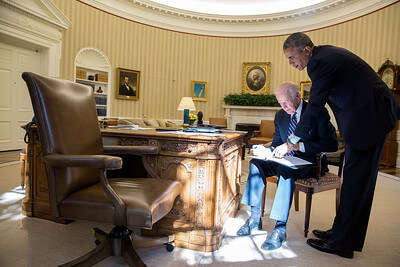PREMIUM TIMES
The world of journalism has been somewhat emboldened since 7 June when judges in a South African High Court threw out a private prosecution brought by the country’s former president Jacob Zuma. His target was journalist Karyn Maughan, whom the court heard he’d developed an ‘extraordinary animosity’ towards.
Maughan’s reporting included references to documents about Zuma’s health that were already on public record as part of the twists and turns surrounding his medical parole. In response, the court heard that Maughan was the victim of a systematic campaign to silence her, including intimidation and physical threats waged both on- and offline.
Intimidation of journalists persists across Africa. Since the start of this year and against a backdrop of civil war and a slow political transition, three journalists have been killed in Cameroon. Despite a large media presence, Cameroon is one of the most dangerous environments for journalists, according to Reporters Without Borders. In Senegal journalists have faced arbitrary arrest, and in many settings including Congo the media is controlled by powerful governing elites.
South Africa has a reputation for taking its journalism seriously, considering it an important pillar of democracy. The South African National Editors’ Forum describes the case against Maughan as a SLAPP case – a strategic lawsuit against public participation – and part of a wider strategy by Zuma to limit his own time in prison.
The country has a proud history of impact journalism – article 16A of its Constitution makes clear that the media is intrinsic to a functioning democracy. While its High Court rejected what many considered crude bullying tactics, however, across much of Africa such robust legal endorsement is largely absent or ignored.
Laws and regulations in other parts of the continent, including the Southern African Development Community region, that limit the freedom of the press in the digital age signal a disturbing trend. They open up a new front in curtailing press freedom in the name of national security. Amnesty International recently described what it calls a ‘worrying’ trend of attacks on journalists in East and Southern Africa.
In today’s information environment, both digital and analogue, journalists risk being personally attacked or their stories dismissed as simply ‘fake news’. This means powerful elites can operate without accountability.
A recent investigation by CBS News into the dubious operations and financing of the Russian mercenary Wagner Group in the Central African Republic is a case in point. Painstakingly gathered shipping records, business documents, and import and export permits formed the backbone of the CBS investigation.
The report claims that Wagner exploits African resources to fund wars, focusing on illicit timber sales. In response to the report, CAR officials gazetted a statement that made the front pages of pro-government media, claiming it was being attacked by ‘fake news’. It’s worth noting that the founder of Wagner, Yevgeny Prigozhin, is the mastermind behind a sleek propaganda machine that uses action films, cartoons and documentaries to support a pro-Russia narrative. Many of these are relayed to the countries where the Wagner Group is present.
The CAR’s strategy to deny, deflect and defame comes straight out of the playbook of counter-information practitioners. It also bats away any semblance of accountability for allegations that may have serious geopolitical ramifications.
Unpicking what’s fake and what’s not has…


